Who’s lining up for international glory in Rotterdam this year?
As always, there’s something for everyone in the mix, from tick-tock timing of teddy-bear hugging Croatian entrant Albina to numerous heartfelt ballads (including the pandemically appropriate refrain “I want to be with you” in Georgian entry Tornike Kipiani’s song You), Iceland’s tracksuit-wearing family and friends ensemble Daði og Gagnamagnið with 10 Years (which features samples of vocals from a thousand different people all over the world) and the dancing soft-serve cones in Moldova entry, Natalia Gordienko’s Sugar. There are wings. Glitter. Great shoes. Big Hair. Explosions. Water (seems to be a theme this year).
Here’s a rundown of who’s repping at Eurovision this year.
Albania: Anxhela Peristeri, Karma
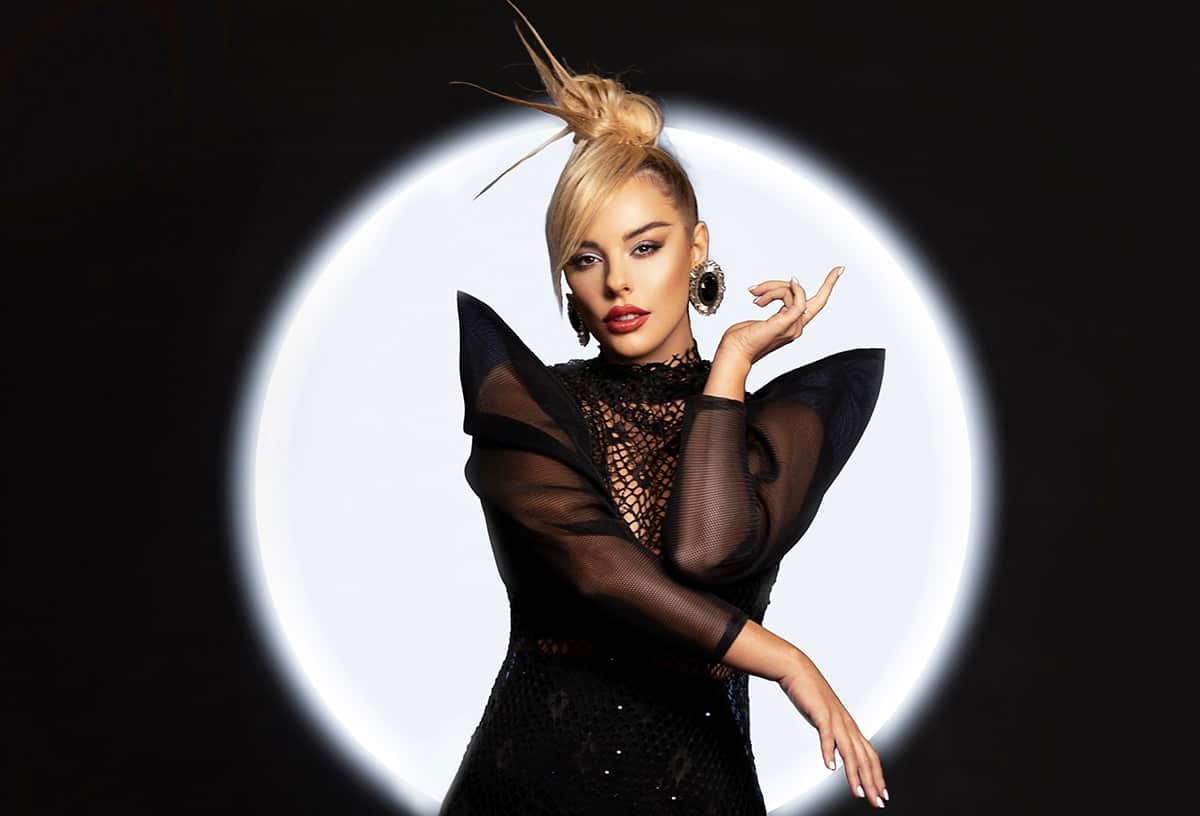
The Eurovision website is packed with fascinating facts about the participating countries and their entrants, including this: “If there’s something that Albanians don’t run short of, it’s their vocal power. Their entries have an incredible gift of holding some of the longest and highest notes in Eurovision history. In fact, Albania has an impressive record for sustaining difficult vocals in Eurovision with two of their entrants holding on notes longer than 10 seconds.”There’s certainly plenty of gusto in singer and model Anxhela Peristeri’s entry.
Australia: Montaigne, Technicolour
Montaigne wowed audiences at the Sydney Gay and Lesbian Mardi Gras in Sydney with the first live performance of her Eurovision 2021 entry.
The catchy, extravagant pop anthem Technicolour is, Montaigne says, “about resilience and the courage that comes from being able to be vulnerable, being able to ask for help, and knowing that in solidarity and togetherness we are stronger as people.”
Austria: Vincent Bueno, Amen
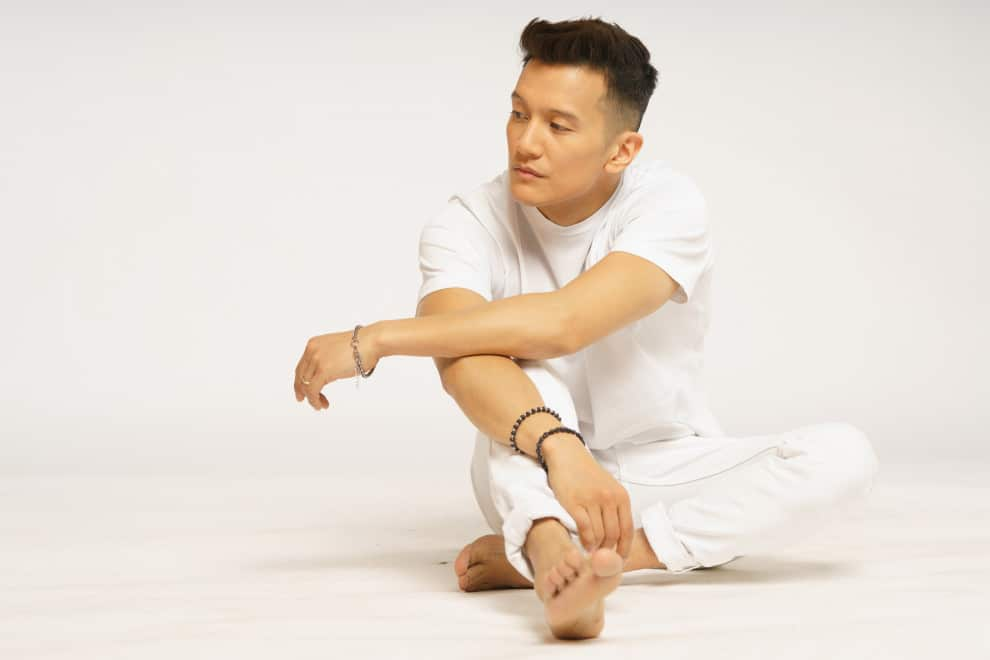
This thoughtful and multi-talented Austrian–Filipino musician is a singer, songwriter and performer with a long musical and TV resume. “If it were up to me this is exactly what I wanna do forever. Sing, entertain, make people laugh and celebrate life,” he says of his love of performing. Amen shows off his voice, and has a refrain that will stick with you. “Is this what you wanted?” he asks. We can’t wait to see how voters respond.
Azerbaijan: Efendi, Mata Hari
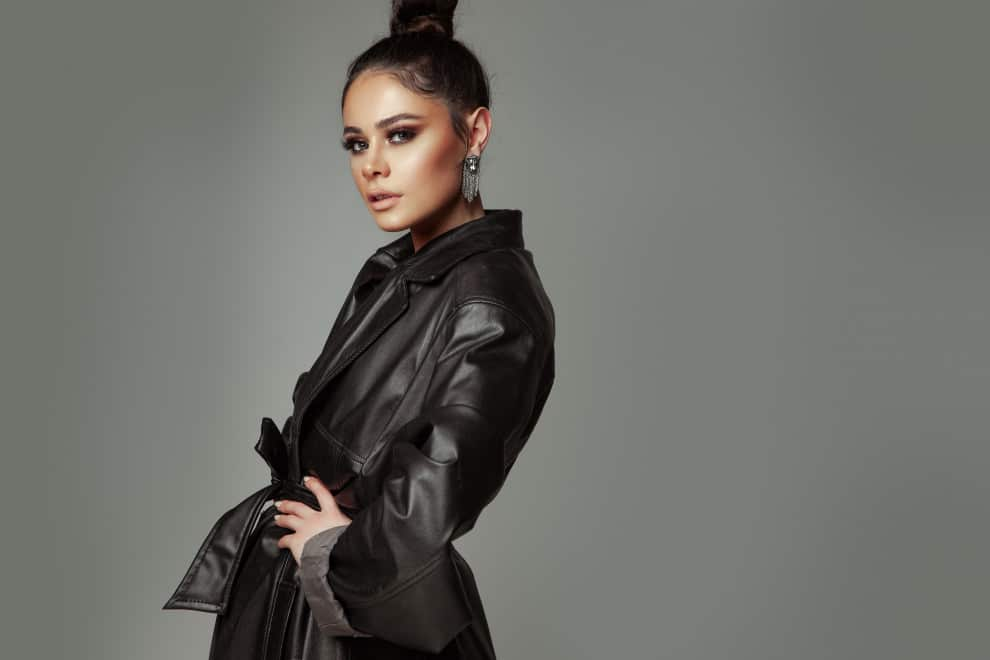
After finding success in various local and international talent shows, Efendi is now a household name in her native country. Persistence is part and parcel of what she brings, finally being chosen, after five attempts, to represent Azerbaijan in 2020. Then, she was to sing Cleopatra, a song which was “meant to inspire people to be who they are and to be proud of themselves”. While the song’s different this year – Mata Hari – the sentiment remains true of the spirit of Eurovision.
Belgium: Hooverphonic, The Wrong Place
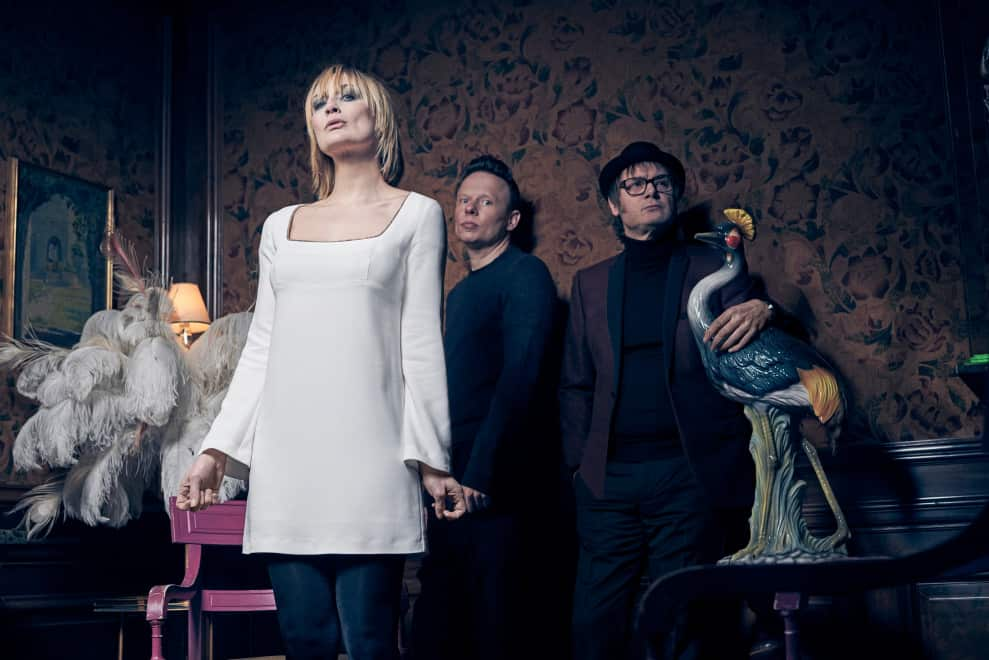
Eurovision is certainly the right place for experienced Hooverphonic. For them, Rotterdam will be something of a reunion, with 2021 marking the 21st birthday of their debut album, ‘The Magnificent Tree’. Band member Alex Callier said, “All three of us [Alex, Geike Arnaert and Raymond Geerts] felt an urge to start working again.” With the band “blurr[ing] the lines between symphonic soundscapes and highly infectious pop tunes”, they’ll be giving themselves a strong chance with their entry.
Bulgaria: VICTORIA, Growing Up Is Getting Old
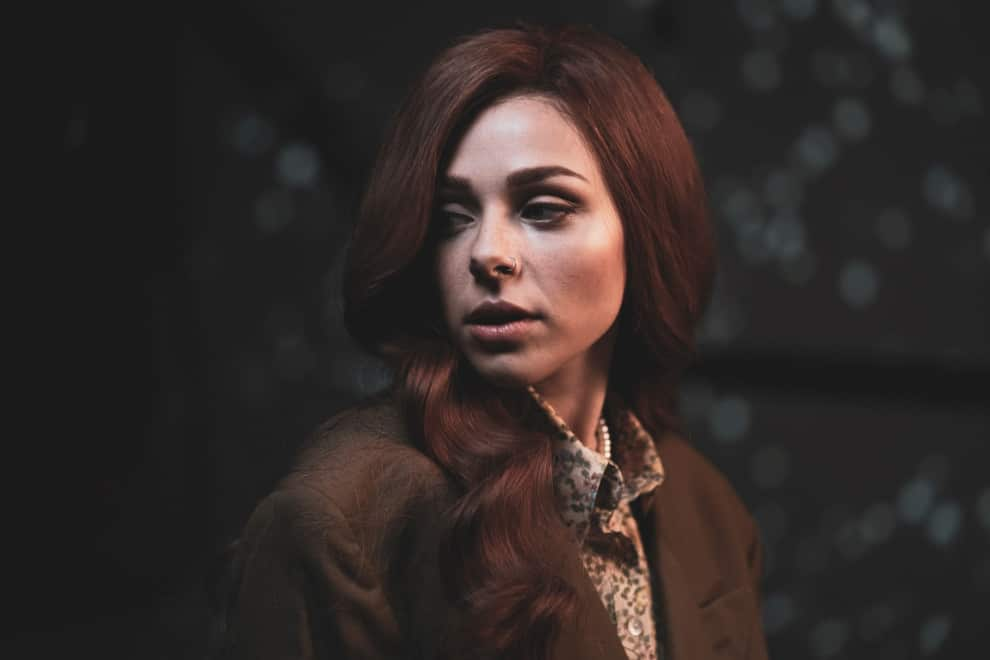
Bulgaria’s VICTORIA (yes, it’s in all-caps), ex-X Factor and avid ambassador for the environment, cites the people closest to her as inspiration for her entry. Focusing on building resilience by leaning on your safe places and returning to your roots, there’s a timely reminder for us all in the chorus: “If your world is breaking and growing up is getting old, know that you’re worth saving and getting up is all you’ve got”.
Croatia: Albina, Tick-Tock
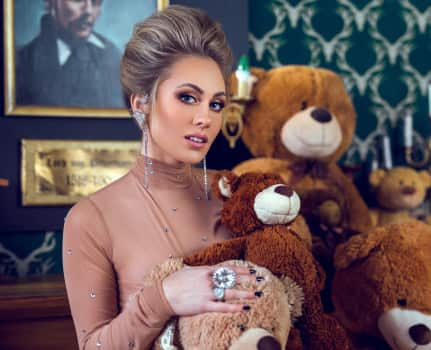
Thwarted love is the story of Albina’s entry, Tick-Tock. Albina reckons this song, which she sings in English, is the one that will “define her as an artist and performer”. Her faith in it is strong. “I think everyone will be singing my song because it’s very catchy and I think that we have the whole package… the song, the dancers, the team.” With its dance beats, it’s likely to get you not only singing but dancing too.
Cyprus: Elena Tsagrinou, El Diablo
After five years as lead singer of OtherView, the former star of Greece’s Got Talent struck out on her own and hasn’t looked back. Widely known across Greece and Cyprus, the social media star also shares her passion for K-Pop as host of K-POP Stars in Greece. Singing in English, Elena will light up the stage with her entry if the music video’s anything to go by:
Czech Republic: Benny Cristo, omaga
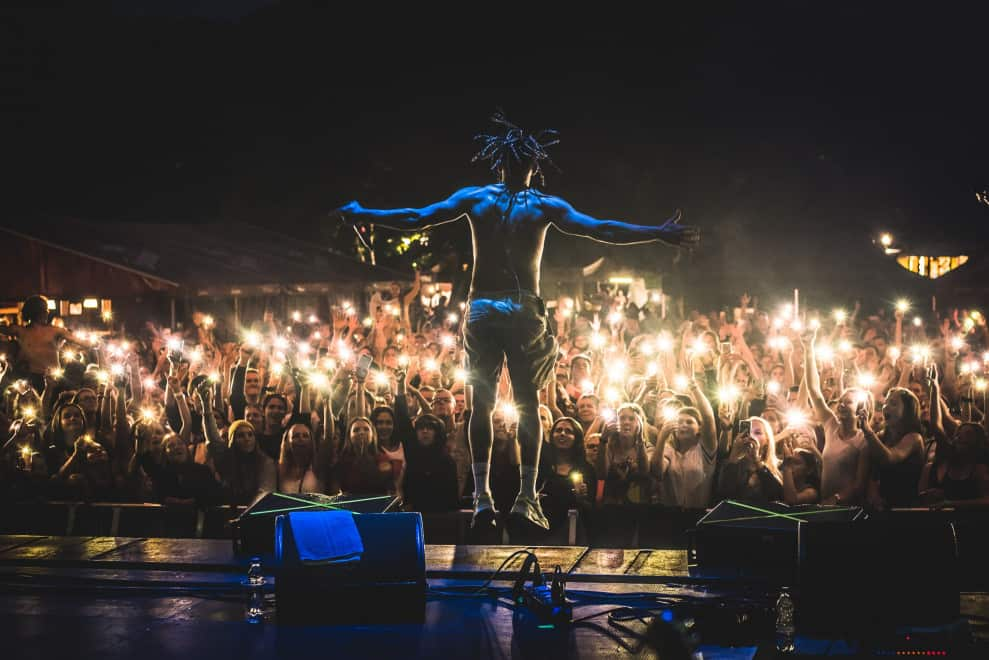
Boasting a range of skills, including tennis, snowboarding and Brazilian jiu-jitsu, Ben da Silva Cristóvão, aka Benny Cristo, is a popular singer in his homeland. Could Benny be the first entrant from the Czech Republic to win? With so many people having experienced life in lockdown, these lyrics, which he wrote, from his entry will be especially meaningful: “You’ve been home too long, I’ve been home too long, we both need to feel love, nothing wrong with that.”
Denmark: Fyr Og Flamme, Øve Os På Hinanden
One of the few entrants to be singing in their native language, Danish duo Fyr Og Flamme describe themselves as “teenage idols your parents can understand!” Both long-time fans of Eurovision, singer Jesper Groth and writer/producer Laurits Emanuel’s song this year, which translates as Practise On Each Other, is inspired by the ’70s and ’80s and they want you to dance along. Jesper’s take on ’80s dancing is impressive, as is his single dangly earring!
Estonia: Uku Suviste, The Lucky One
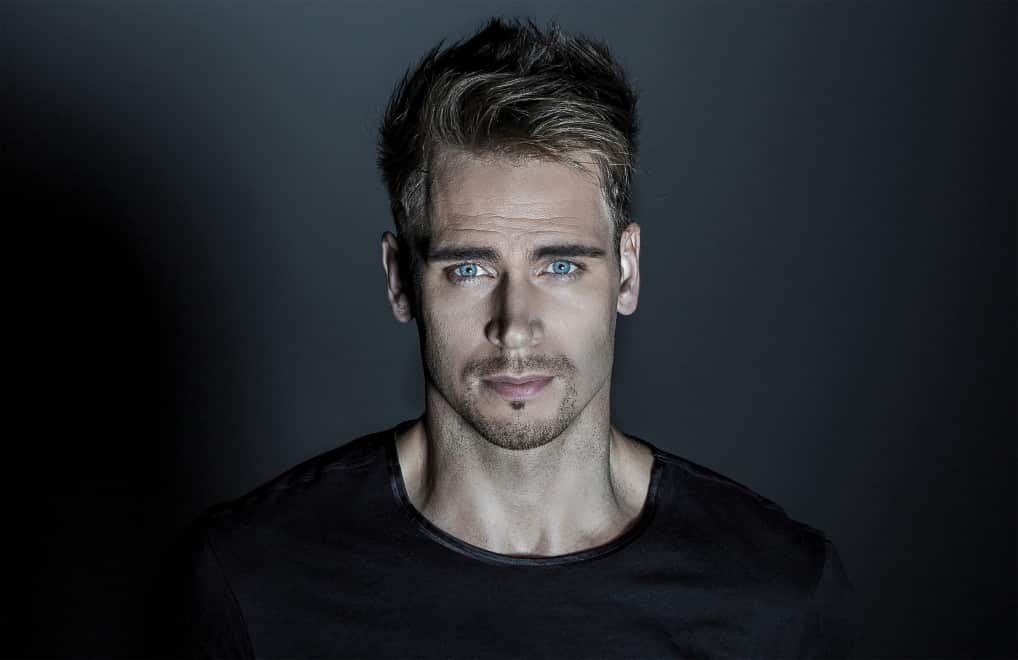
While Estonia hasn’t won at Eurovision since 2001, the nation has fared very well in past years. It’s national Eurovision selection show, Eesti Laul, has also become something of a launching pad for local talent. In the competition for Estonia this year is heart-throb and talented musician, Uku Suviste, who was Eesti Laul’s runner-up in 2019 and winner in 2020, with The Lucky One. Twenty years on from their last win, will the song title prove prophetic?
Finland: Blind Channel, Dark Side
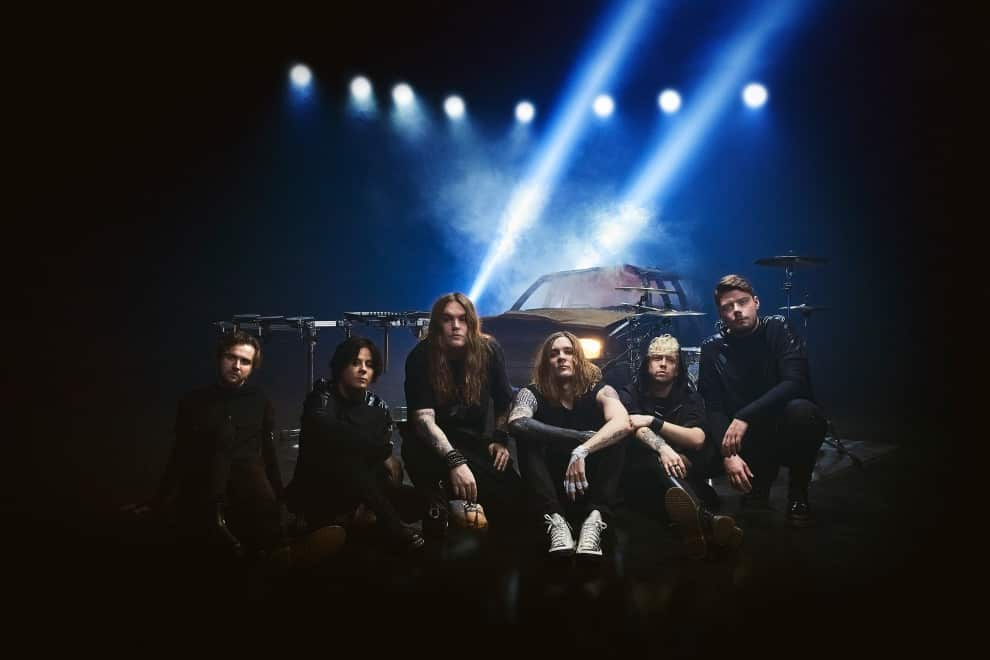
Together since 2013, six-member band Blind Channel is chomping at the bit for a run at winning the Eurovision Song Contest with their “violent pop”. Singing in English, they’re excited to share their music on the world stage, saying their entry is “meant to be performed together with an audience, as a kind of communal experience”. And that’s certainly what Eurovision is all about.
France: Barbara Pravi, Voilà
Co-writer of France’s winning Junior Eurovision 2020 song, Valentina’s J’imagine, Barbara Pravi has also collaborated with the likes of Yannick Noah, Julie Zenatti, Chimène Badi and Jaden Smith and co-wrote the music and lyrics of her 2021 Eurovision entry. Singing in French, Pravi, who has heritage from Serbia, Poland, Iran and North Africa, brings a powerhouse voice that houses rich emotion and drama.
Georgia: Tornike Kipiani, You
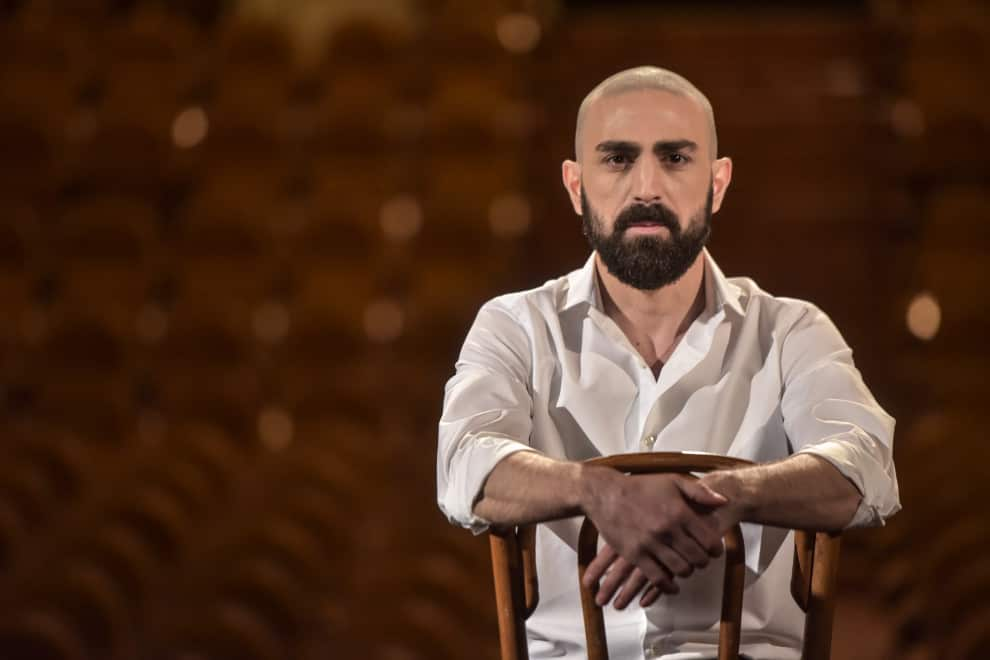
A musician from his teens, Tornike Kipiani never intended to sing, but filled in when his band couldn’t find a lead singer. He went on to win Georgia’s inaugural season of X Factor and five years later, took out the top spot in Georgian Idol. This talented man, who is also an architect, wrote the music and lyrics of his entry this year, the ballad You.
Germany: Jendrik, I Don’t Feel Hate
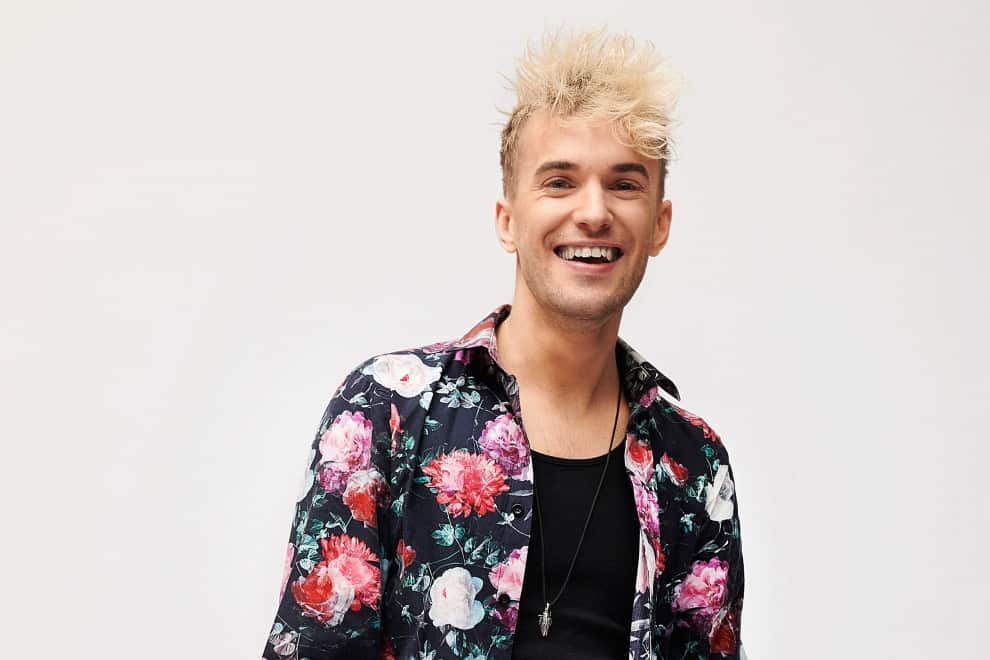
Jendrik and his signature ukulele will take to the stage after the young singer-songwriter went to unusual lengths to impress selectors – he roped his mates into helping him create a laundrette for his music video, in which they also appear. “I had tours around Hamburg collecting washing machines and other bits for the video… [they] were so heavy.” The effort has paid off now that he’ll get to sing the song he co-wrote on the Eurovision stage.
Greece: Stefania, Last Dance
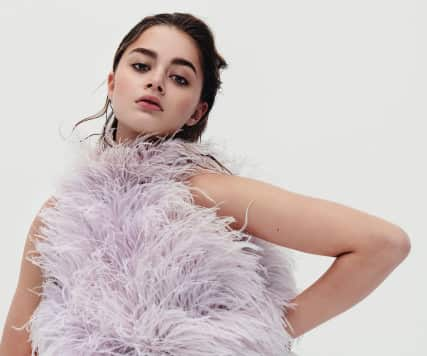
“My heart was born a radical, electric and dynamical,” sings Dutch–Greek star, Stefania in her entry, Last Dance. Unusually, Stefania has also represented another country, singing for The Netherlands at the 2016 Junior Eurovision Song Contest in the band, Kisses, finishing 8th. Can she improve on that placing in her own right this year?
Iceland, Daði og Gagnamagnið, 10 Years
The 10 years in Iceland’s entry refer to how long the singer, Daði Freyr, has been inspired by his wife Árný Fjóla, who is also in the band, along with Daði’s sister and friends. Extending his love of family and friends, Daði invited people from all over the world to lend their voice to 10 Years, which features a thousand of them. That’s rather special.
Ireland: Lesley Roy, MAPS
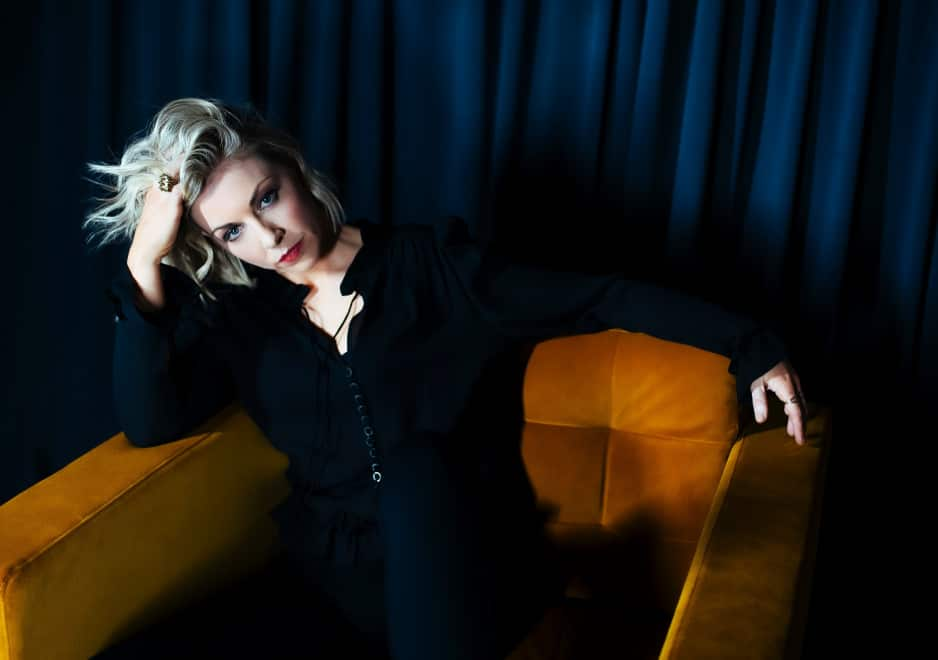
Lifelong Eurovision fan Lesley Roy shares, “[Eurovision] was a very big event in my house every year, we watched and voted on each act and I became a massive fan at a very young age.” Now, the talented singer-songwriter gets to perform and inspire Irish youngsters herself, as well as tick an item off her bucket list. Co-writer of MAPS, Roy sings, “My soul is a map, my heart is a compass, I am the road… This is the way back home.”
Israel: Eden Alene, Set Me Free
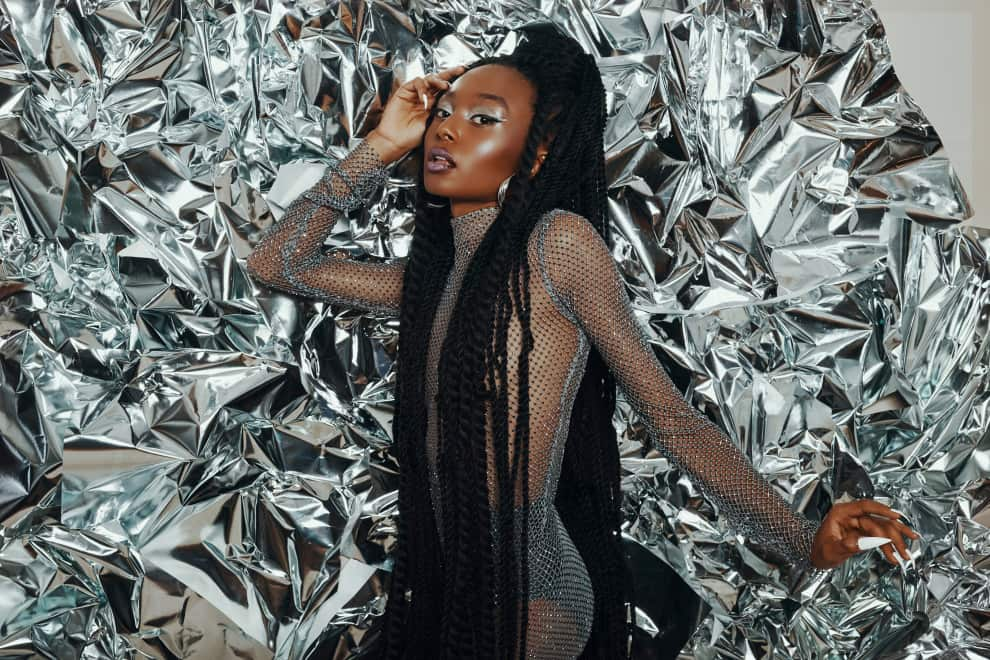
Sporting a crying-laughing emoji tattoo, Eden Alene is the only Israeli to have won both the country’s X Factor and The Rising Star competitions. Working on her debut album at the moment, the pop enthusiast and talented ballerina says if she wins Eurovision with her entry, she’s likely to “get excited and then probably cry (as usual)”.
Italy: Måneskin, Zitti E Buoni
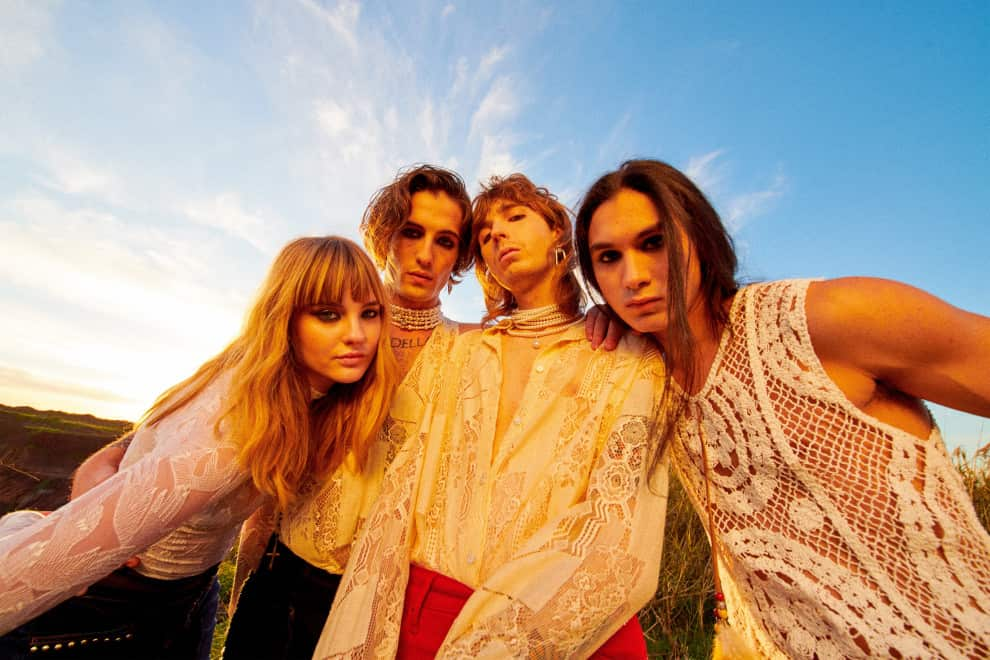
Singing in Italian, the foursome who make up Måneskin have known each other since childhood, but only formed a band 6 years ago. They’ve melded their wide range of influences to bring an interesting mix of sounds and a strong bassline. While still young as a group, they’ve found early success and are currently writing a new album. Their song will stick in your head and you won’t mind it.
Latvia, Samanta Tina, The Moon Is Rising
Samanta Tina may well surpass anyone else’s commitment to performing at Eurovision. She participated in Latvia’s national Eurovision selection six times, and also tried out twice for her second country, Lithuania, before finally winning through last year. She’s also written an academic paper on the Eurovision selection process in both aforementioned nations. What dedication! Her favourite line from her song, which “is about powerful and admirable women” is “if you have something to say, say it to my face”, her message being to “accept and love ourselves… and stand for equality.”
Lithuania: The Roop, Discoteque
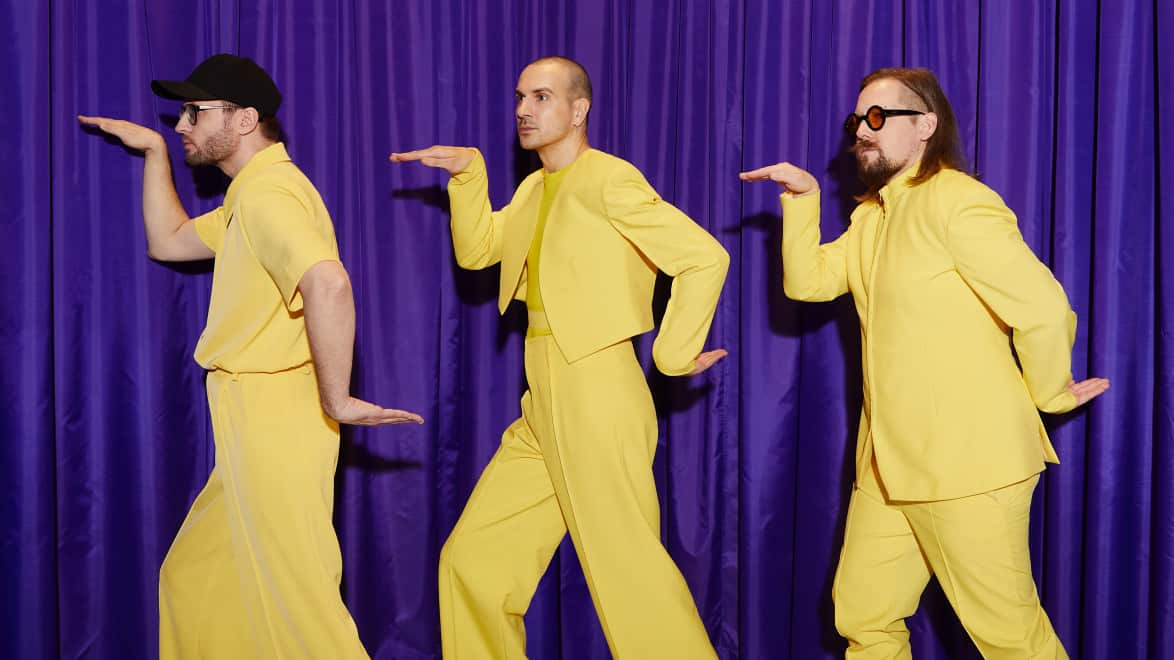
With “the roop” translating to “shout out” or “make a great noise”, it’s no wonder this trio is all about bringing the party vibes. From placing third in Lithuania’s selection competition, they persisted another two years till they nabbed the top spot with Discoteque. They also bring some pretty sweet moves dancing to their pop rockness, affirming that “it is okay to dance alone”. Too right!
Malta: Destiny, Je Me Casse
Naming Beyoncé, Aretha Franklin and Cardi B among her musical idols, the winner of X Factor Malta and 2015’s Junior Eurovision Song Contest dreams of taking home her country’s first ever Eurovision main stage title. Her entry is a feel-good number designed to fill the dancefloor. Is Destiny destined to see her dream come true in Rotterdam?
Moldova: Natalia Gordienko, Sugar
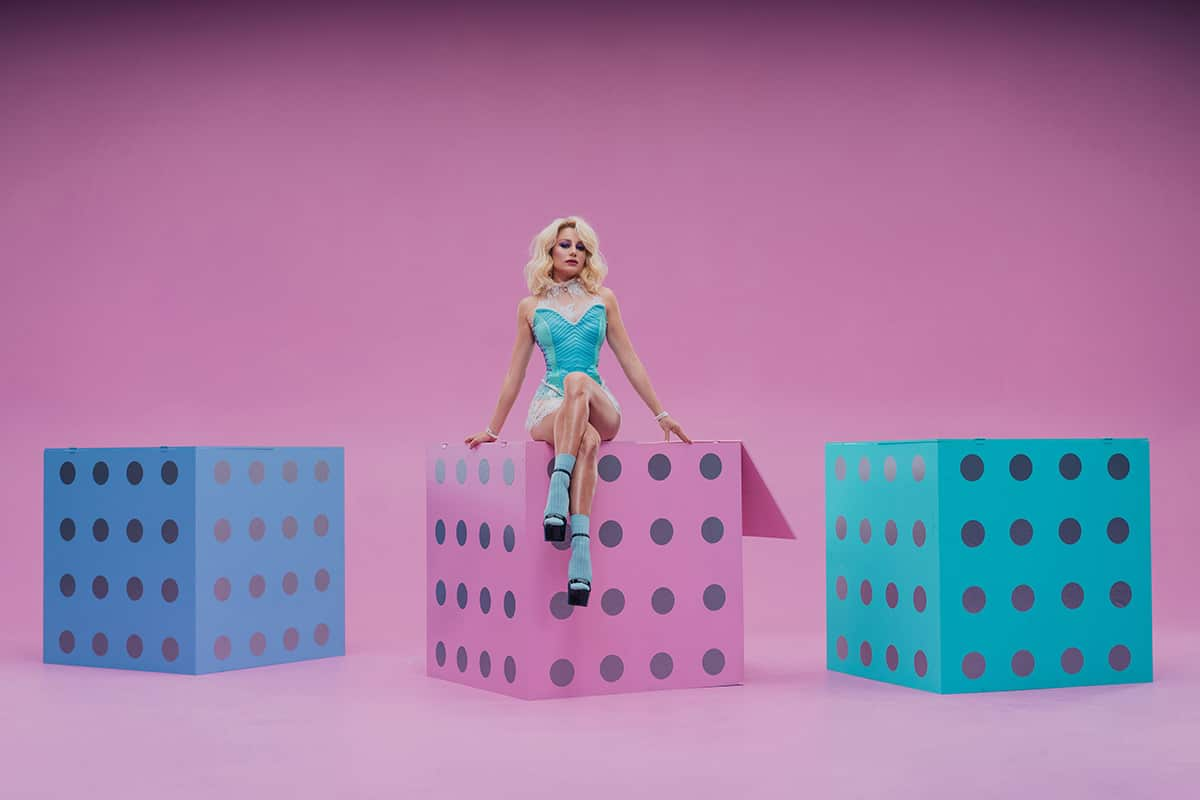
Honoured as Emeritus Artist of Moldova in 2008, singer, dancer and pianist Natalia Gordienko is ready to burn up the Eurovision stage in Rotterdam in her own right, with her English-language entry, Sugar. She has appeared before, in 2006 with Arsenie Todiras, singing Loca. Moldova has been in the grand final an impressive 9 times since their first appearance in 2005.
North Macedonia: Vasil, Here I Stand
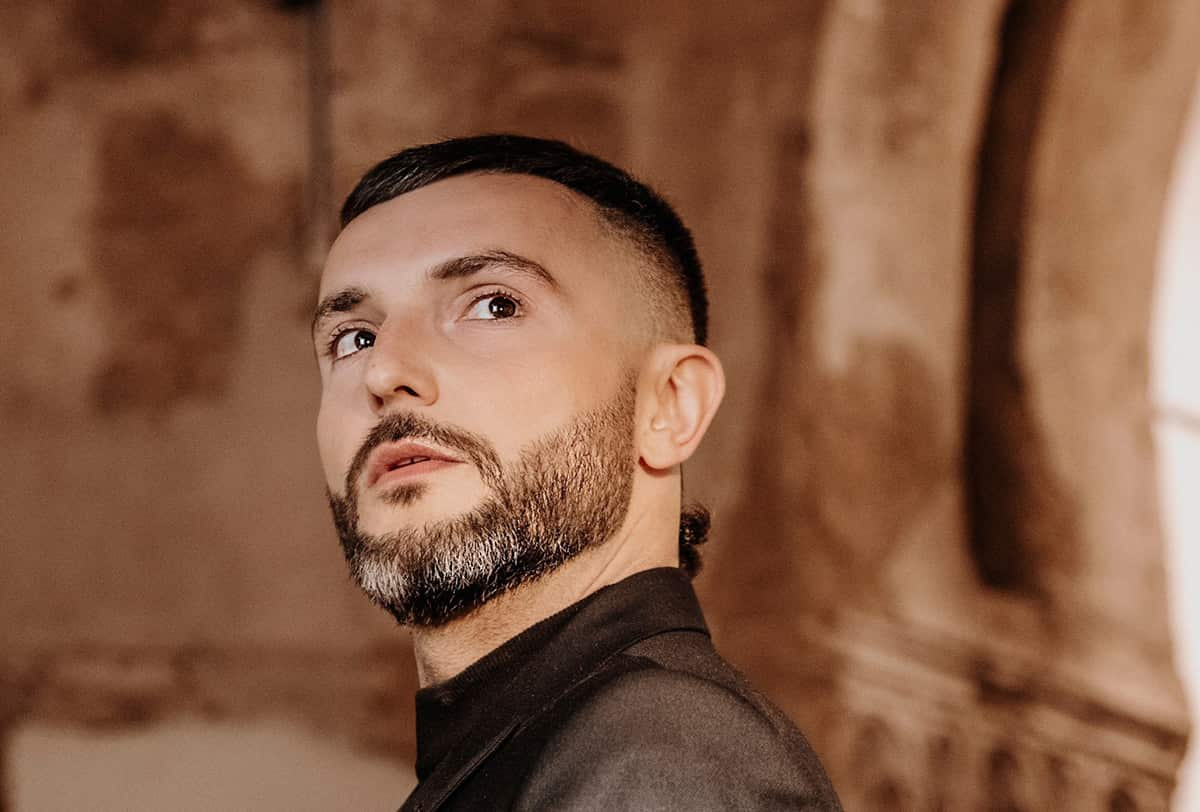
Bringing a wealth of experience as a leading operatic baritone, Vasil has studied and performed opera in North America and Europe from his teenage years, from his beginnings in the Chicago Children’s Choir. Returning to his homeland to build a pop career, Vasil shares how his entry came about at the start of the song’s music video.
Norway: TIX, Fallen Angel
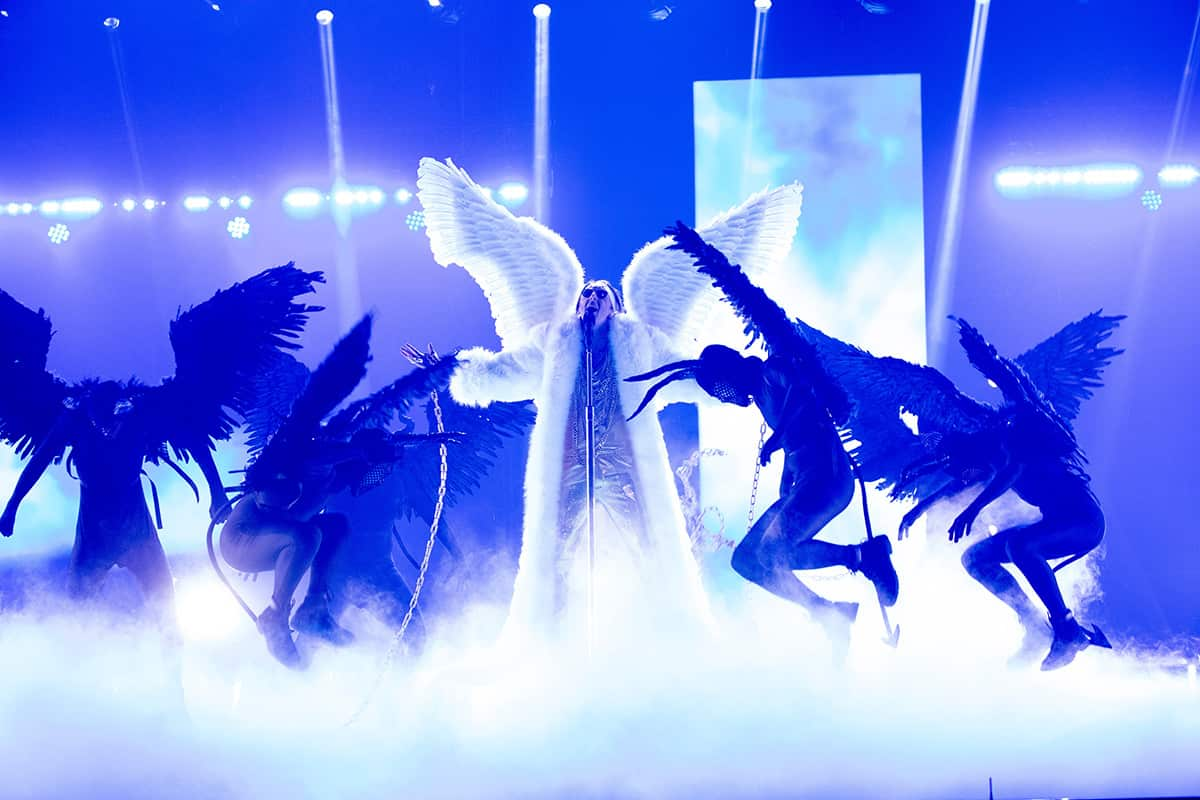
Taking control of his Tourette’s syndrome, Andreas Haukeland adopted the stage name, TIX to acknowledge his condition. Gaining huge success with his 2015 party anthem Sjeiken, he went on to co-write Norway’s most played song of 2018, Sweet but Psycho, and his 2020 song Karantene (Quarantine) was remarkably successful during lockdown. He sings in English in Fallen Angel.
Poland: Rafał, The Ride
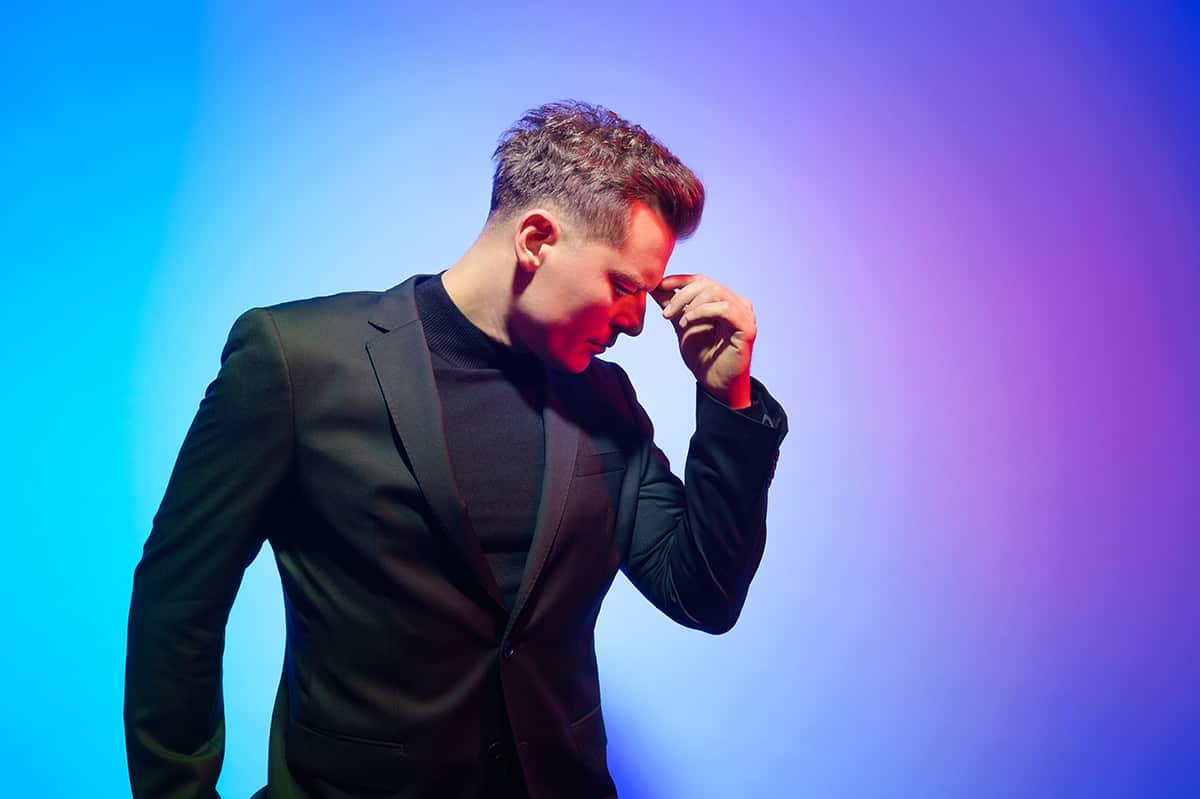
“I’m gonna take on the world tonight,” sings Rafał in his entry for Poland. Already used to the spotlight – Rafał co-presented the 2020 Junior Eurovision Song Contest in Warsaw, has been on popular music show The Name of the Tune and co-hosted Wheel of Fortune – Rafał released his debut single after appearing on The Voice (Poland) and is ready to take on the world!
Portugal: The Black Mamba, Love Is On My Side
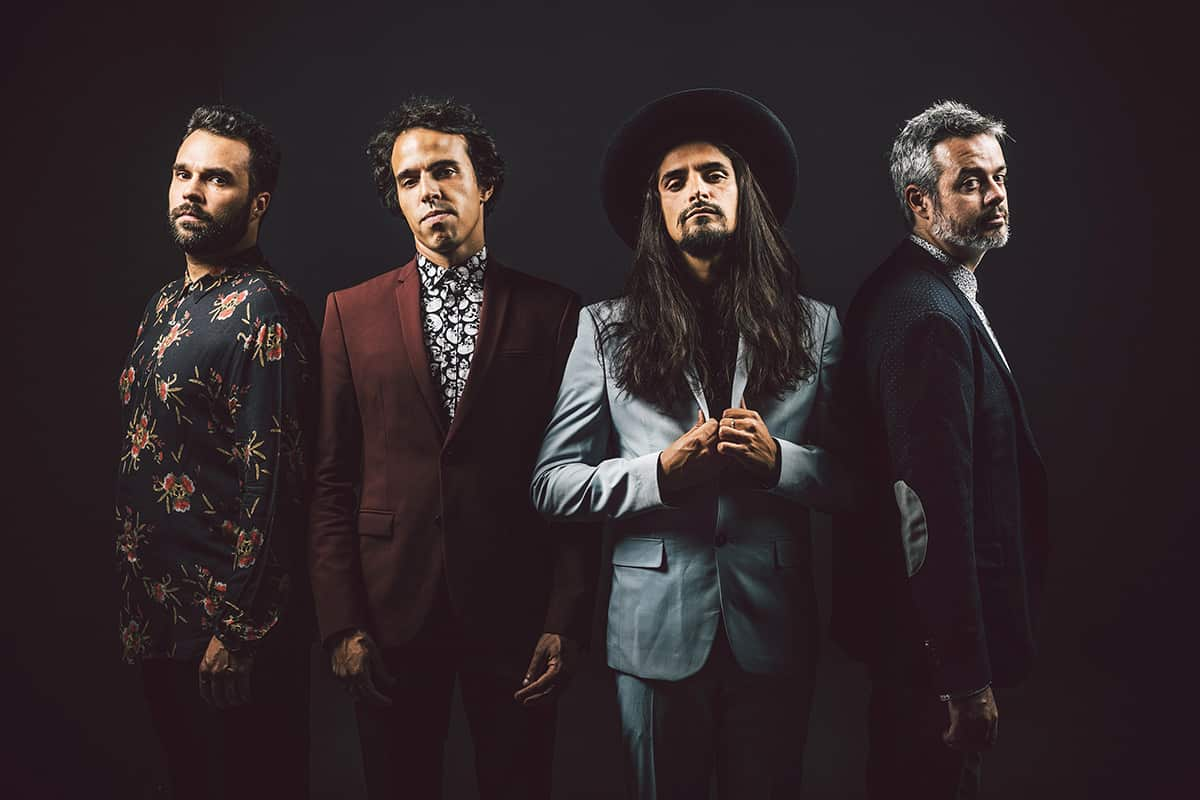
Is it meant to be for The Black Mamba? Their entry was written after lead singer and songwriter Tatanka was inspired by a trip to Amsterdam. A mainstay of the international festival circuit, they’ve shared the main stage with Lenny Kravitz, John Legend, Jamie Cullum and The Script at Porto’s Festival Marés Vivas and adore performing their hits. Their blues/soul/funk vibe will be a stand-out among the pop-heavy entrants this year.
Romania: ROXEN, Amnesia
Songstress ROXEN relied heavily on working on her entry to get her through last year’s ups and downs. Billed as “a labyrinth of an artist, with a dreamy sound and mesmerising voice,” she has thrown herself into music, as her many recent releases show. Of the song she’ll perform, she says “Amnesia somehow manages to give a voice to all repressed feelings and to the people whose voices haven’t been heard, in a way that for me is incredibly pure”.
Russia: Manizha, Russian Woman
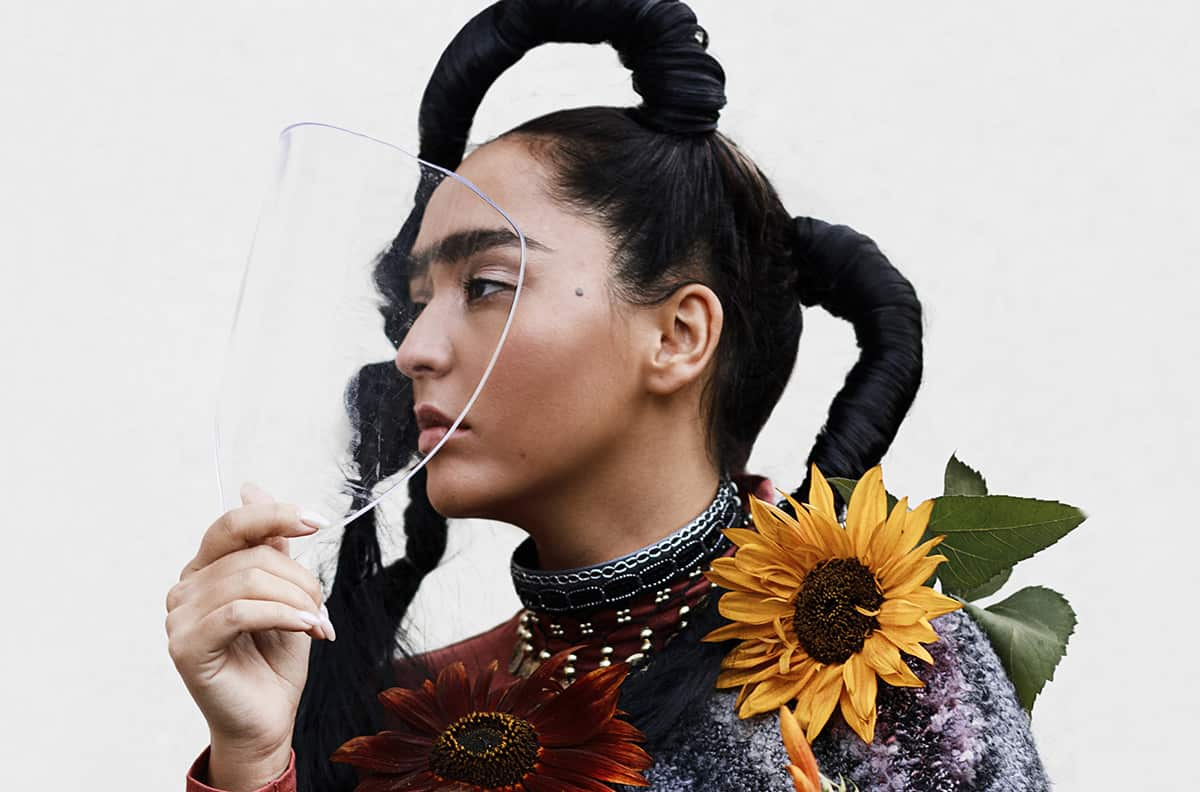
Self-made artist Manizha has risen from Instagram fame, where she built an audience for her short films, to popular music star. She films, directs and edits her own music videos and writes her own songs, which often include lyrics in her native Tajik language. With her strong social commentary bent, advocacy for women’s and children’s rights and commitment to building tolerance, the UNHCR Goodwill Ambassador is hoping her entry, featuring a mix of languages, will bag Russia’s second win at Eurovision.
San Marino: Senhit, Adrenalina
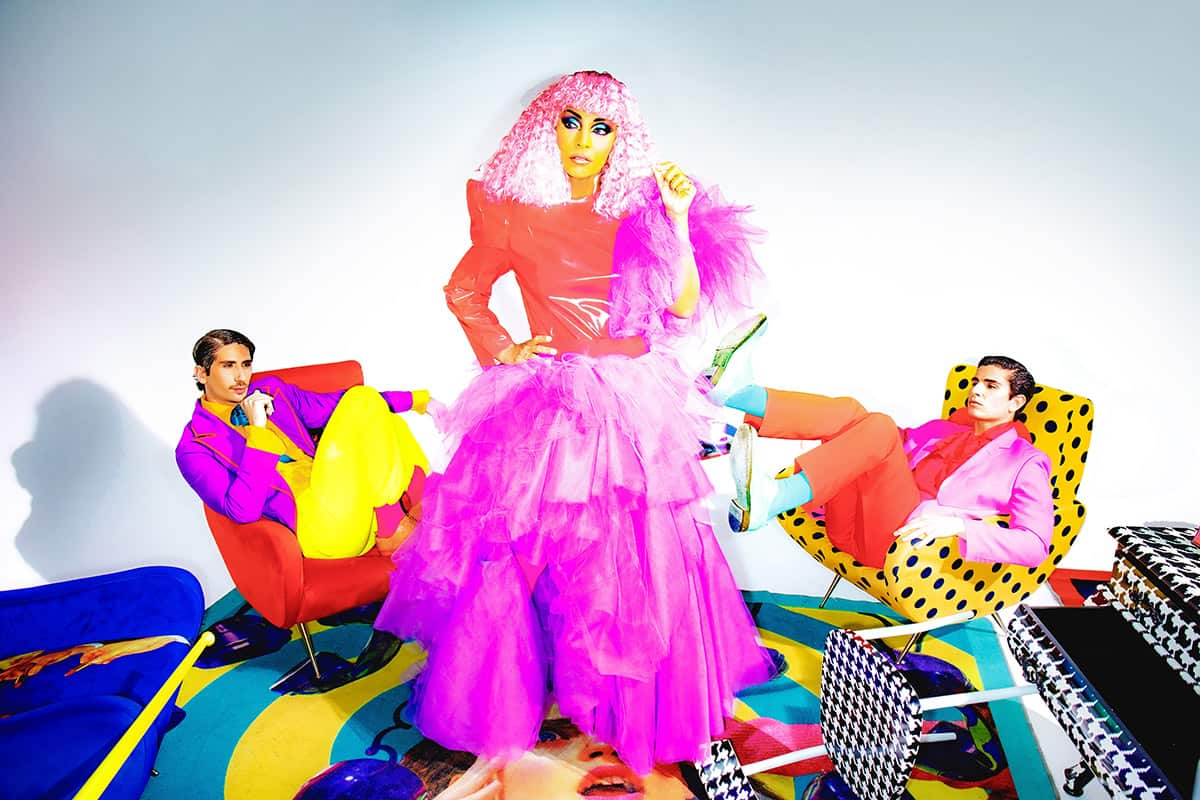
Senhit began her journey in musical theatre, performing in productions including The Lion King in Germany and Hair in Switzerland before going on to rock Europe’s most popular clubs performing dancefloor hits. Now, she “combines her African roots” (her parents are Eritrean) “with Italian style and a European electro-pop attitude”. Her entry’s likely to get you bouncing round the lounge room.
Serbia: Hurricane, Loco Loco
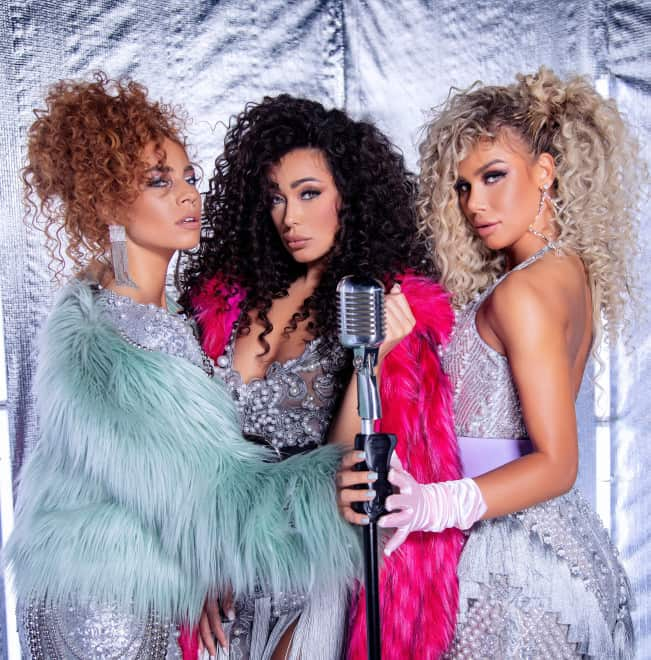
“We’re all a bit ‘loco’ sometimes,” say Hurricane, a trio who met just 4 years ago. With Eurovision cred in the group already – Sanja Vučić performed for Serbia in Stockholm in 2016 with Goodbye (Shelter) and Ksenija Knežević was on backing vocals for her father Knez’s 2015 performance of Adio for Montenegro – the women, rounded out by award-winning dancer Ivana Nikolić – are hoping their entry will see them progress this year.
Slovenia: Ana Soklič, Amen
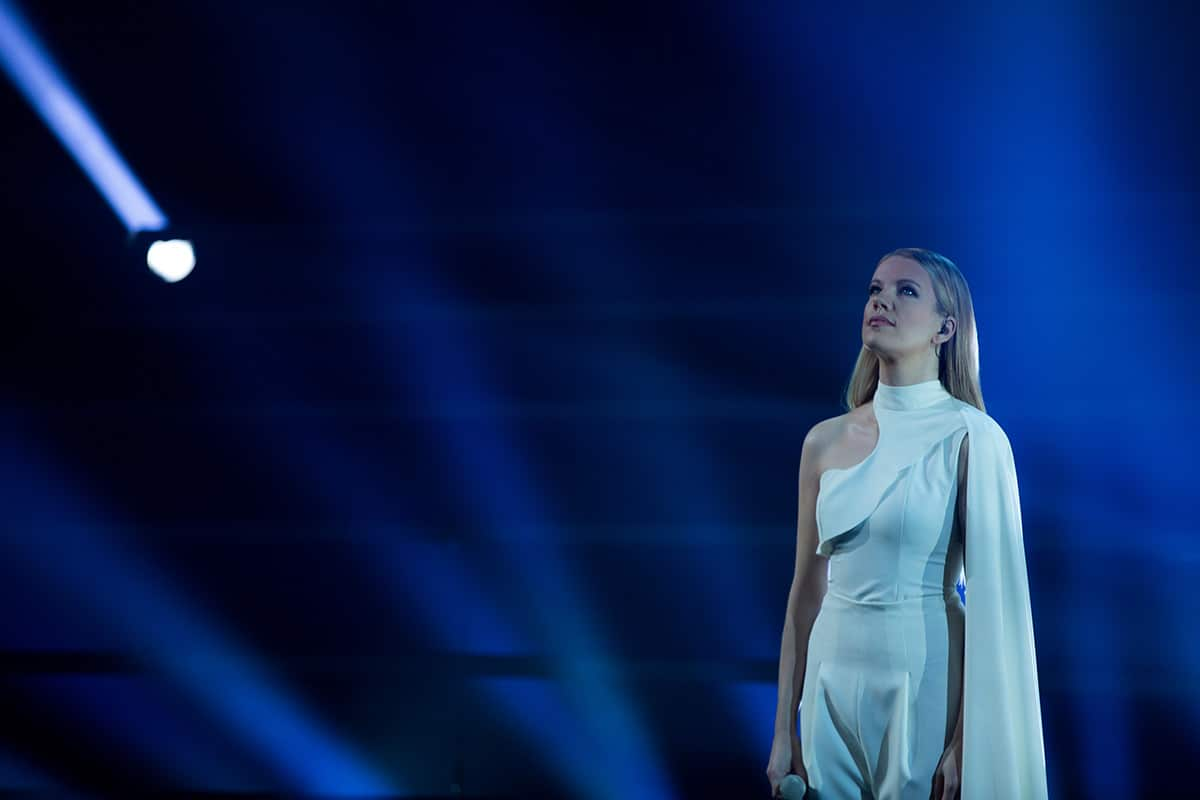
Often singing with the backing of a symphony orchestra, Ana Soklič has chosen a smaller, more intimate ensemble to perform Slovenia’s entry, Amen, which she also co-wrote. Ana has a connection with Eurovision, having studied with two-time Slovenian Eurovision rep, acclaimed musician Alenka Dernač-Bunta. Can she make her own mark on the Contest?
Spain: Blas Cantó, Voy A Quedarme
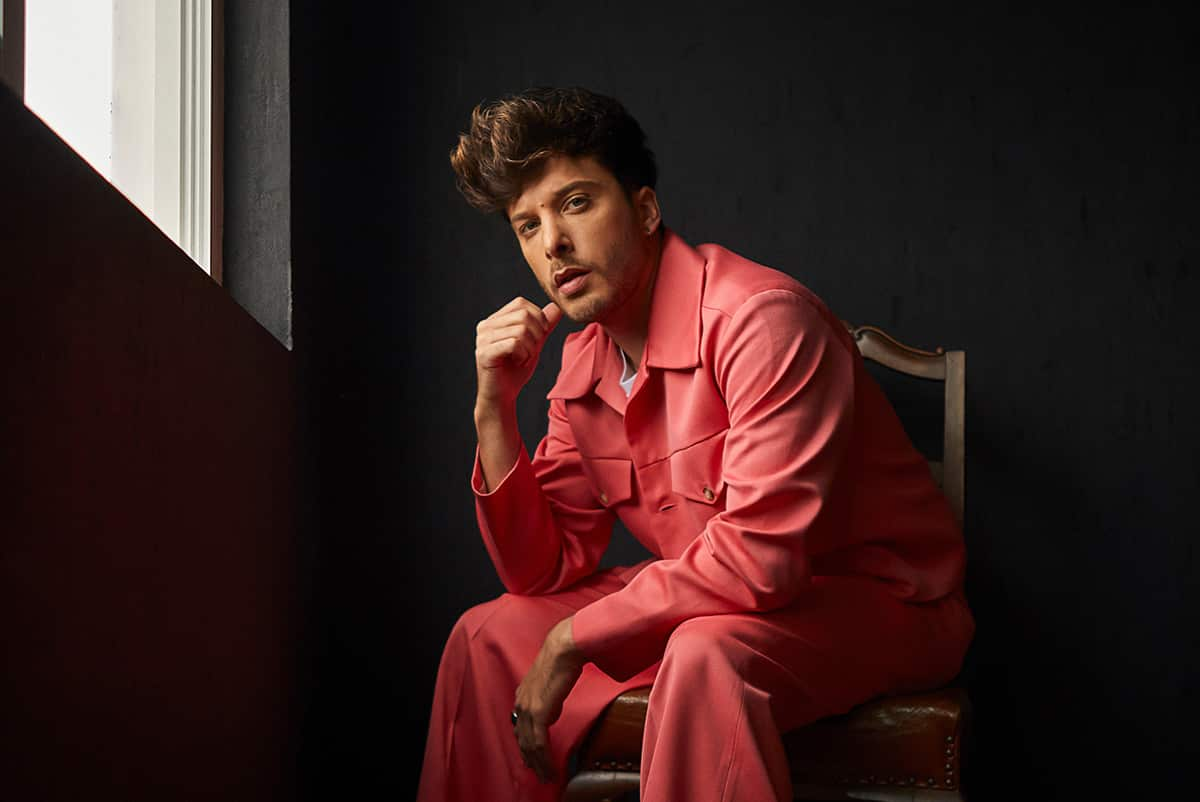
With five albums under his belt, Blas Cantó is thrilled to soon be realising his dream of performing at Eurovision. “I dreamt of singing in the Eurovision Song Contest since I was a child.” As a former member of boy band Auryn, he’s come close, but his first foray as a solo artist was thwarted last year, making this year’s Contest all the sweeter. His song’s title translates as I’m Going To Stay, sung in Spanish.
Sweden: Tusse, Voices
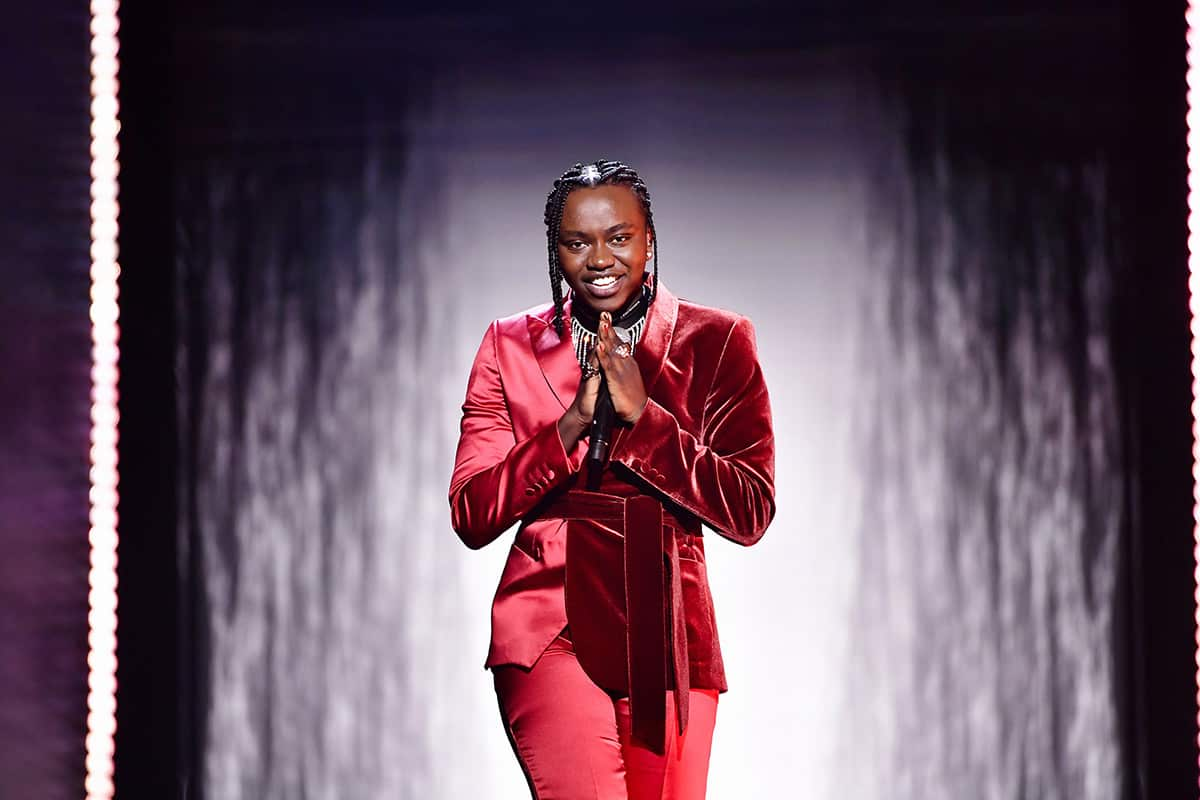
Winner of Swedish Idol in 2019, Tusse, whose heritage is Congolese and full name is Tousin Michael Chiza, has a bagful of hits at home. He won Sweden’s selection competition in a landslide, but has things in perspective, saying after he won that he wasn’t yet excited about going to Eurovision: “On Monday, I have to hand in an essay in nature science.” As he’ll sing in his entry, “Go shooting like a star, the star you are.”
Switzerland: Gjon’s Tears, Tout I’Univers
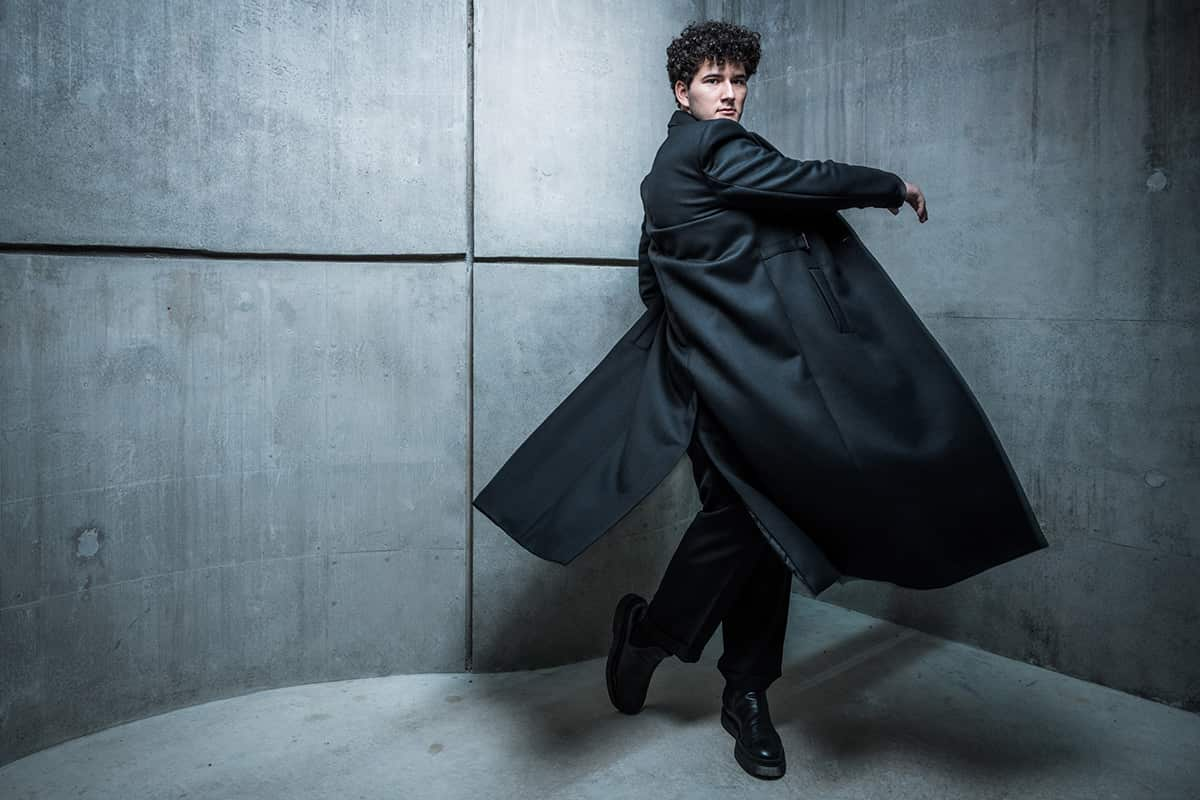
Gjon Muharremaj began singing in his native Albania as a child, moving his grandfather to tears while singing Elvis Presley’s Can’t Help Falling In Love With You (from which moment he derived his stage name). Finding success in TV singing competition shows in Albania, Switzerland and France, Gjon wants his music “to move people in all sorts of ways, whether it’s joy, sadness or melancholy”. He’ll sing his entry in French.
The Netherlands: Jeangu Macrooy, Birth Of A New Age
Moving to The Netherlands from his native Suriname to study music, Jeangu Macrooy, representing his adopted country in their fifth run as hosts of Eurovision (not counting 2020), hopes his song “makes people feel a little less lonely in their search for happiness. I think that openness and honesty about how we really feel will ultimately bring us closer. I believe in the power of music to bring people together.”
Ukraine: Go_A, Shum
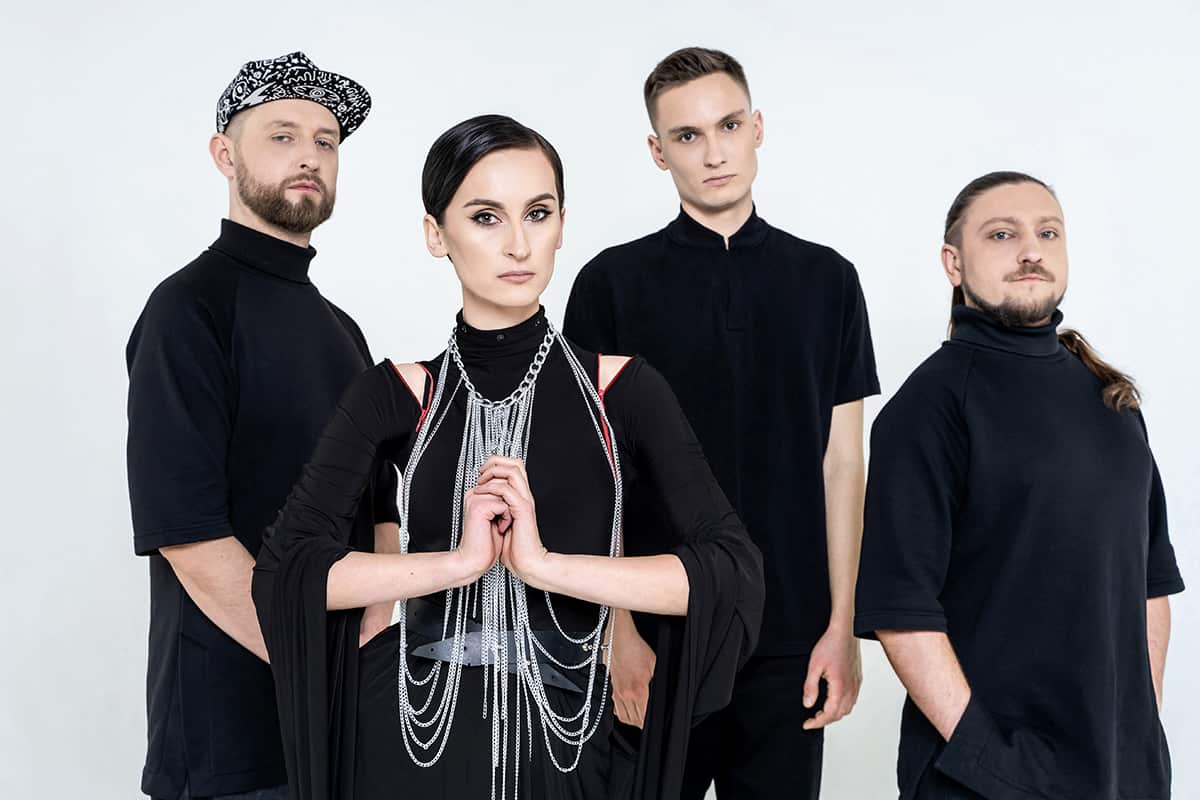
Go_A are “an electro-folklore outfit, that specialise in the modern retelling of traditional Ukrainian stories that have already passed through many generations by word of mouth”. Using the ancient folklore technique called white voice, “based on an open throat and free volume with a bright colour” singer Kateryna brings “a command of extreme vocals” to Ukraine’s entry. Kateryna also wrote the lyrics and co-wrote the music.
United Kingdom: James Newman, Embers
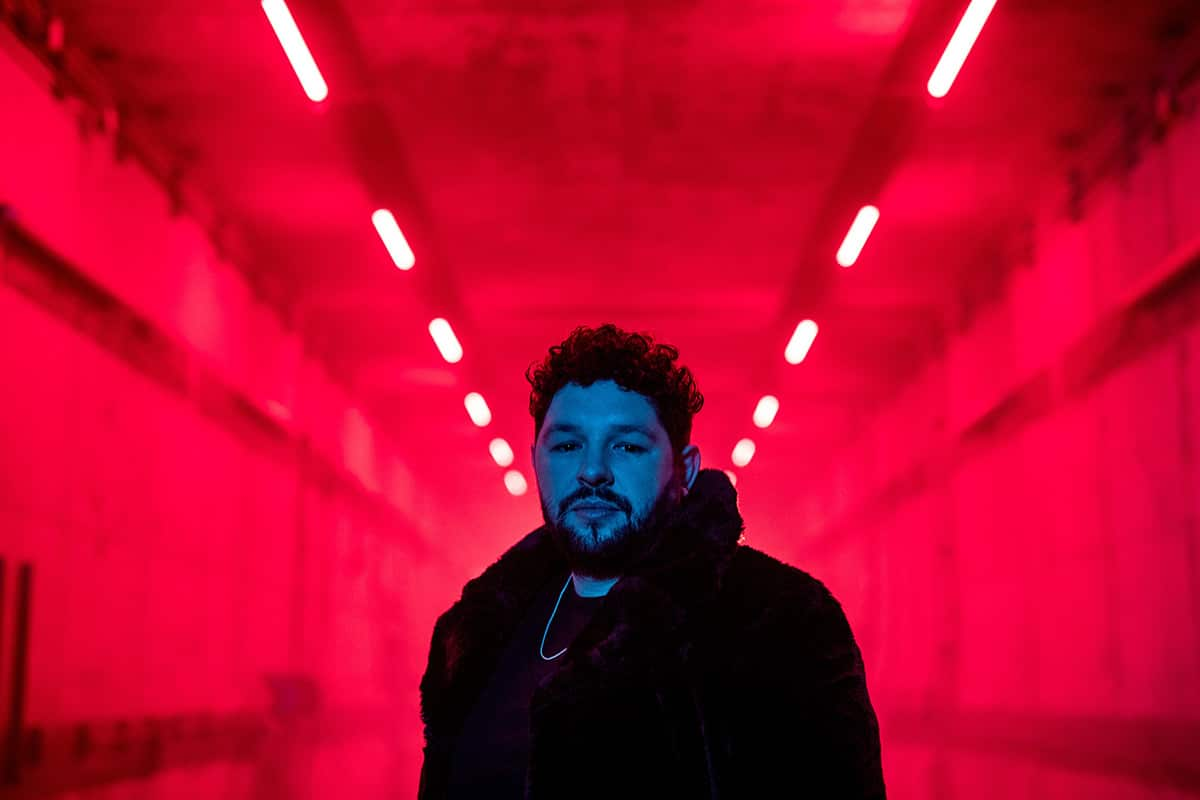
James Newman boasts a string of awards as co-writer for huge artists including Ed Sheeran, Toni Braxton and Kesha. He co-wrote chart-topper Blame, performed by Calvin Harris and James’ younger brother John Newman, and Waiting All Night, performed by Rudimental and Ella Eyre, which gave him and his co-writers their first UK number 1, as well as the 2013 Brit Award for British Single of the Year. Newman has again collaborated on writing here, and this time gets to showcase his impressive pipes in the upbeat Embers.
You can read more about each entrant and find links to performances of their entry songs on the Eurovision website.
The 2021 Eurovision Song Contest will be broadcast exclusively on SBS from 19 to 23 May. Stay tuned to the SBS Eurovision website for updates: sbs.com.au/Eurovision
